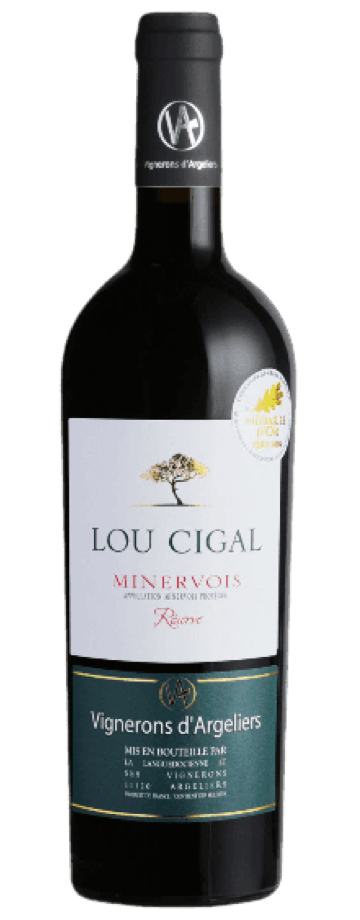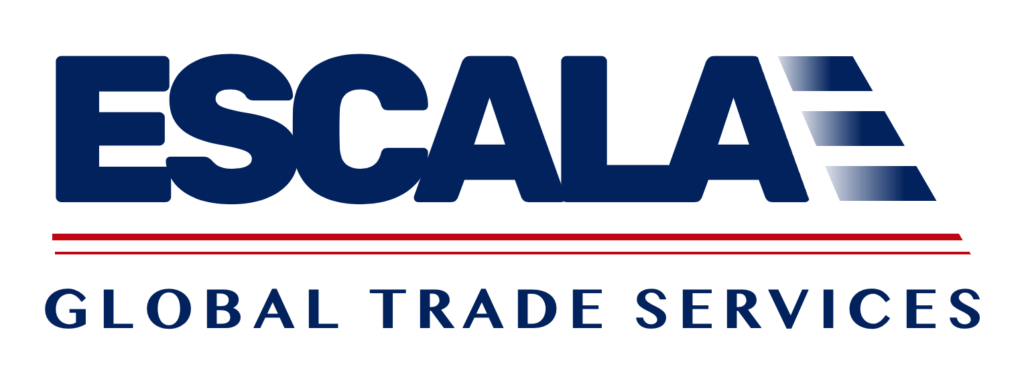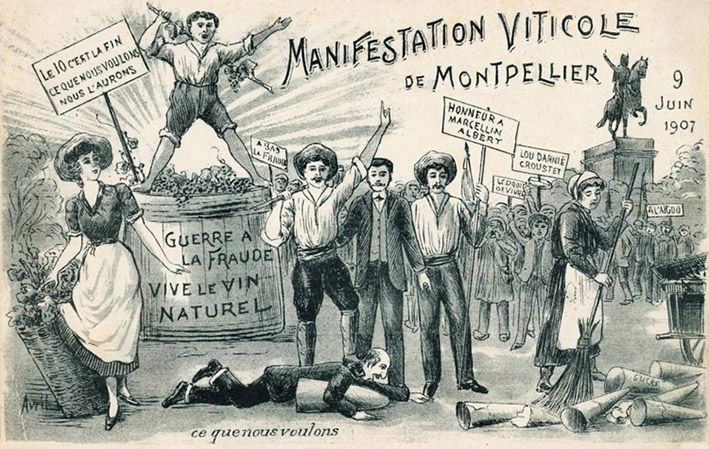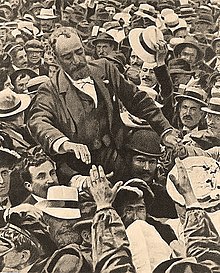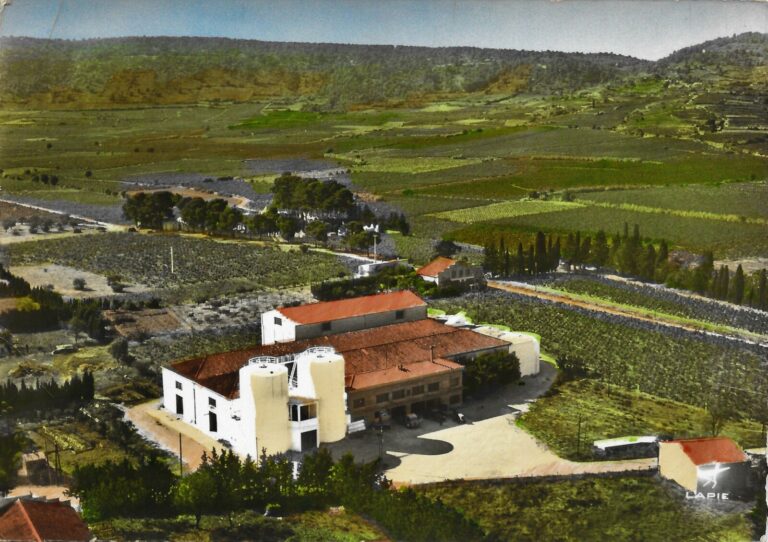OUR PARTNERS
Les vignerons d'Argeliers
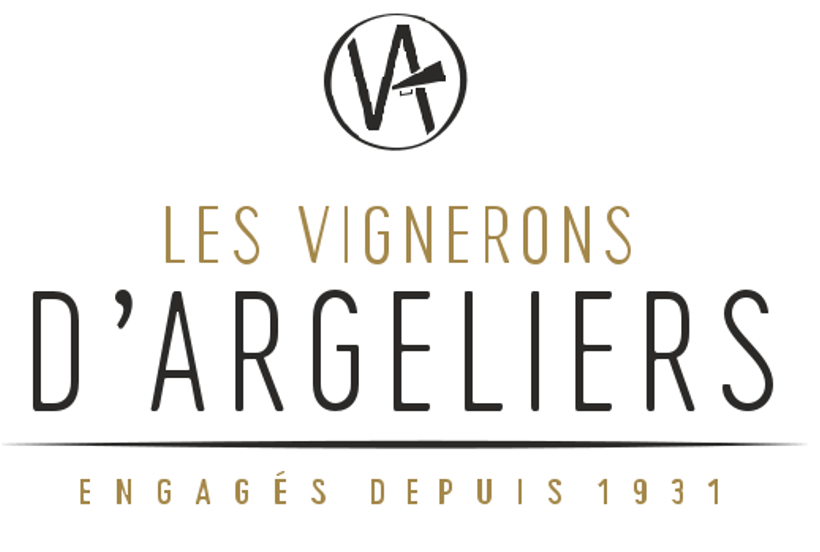
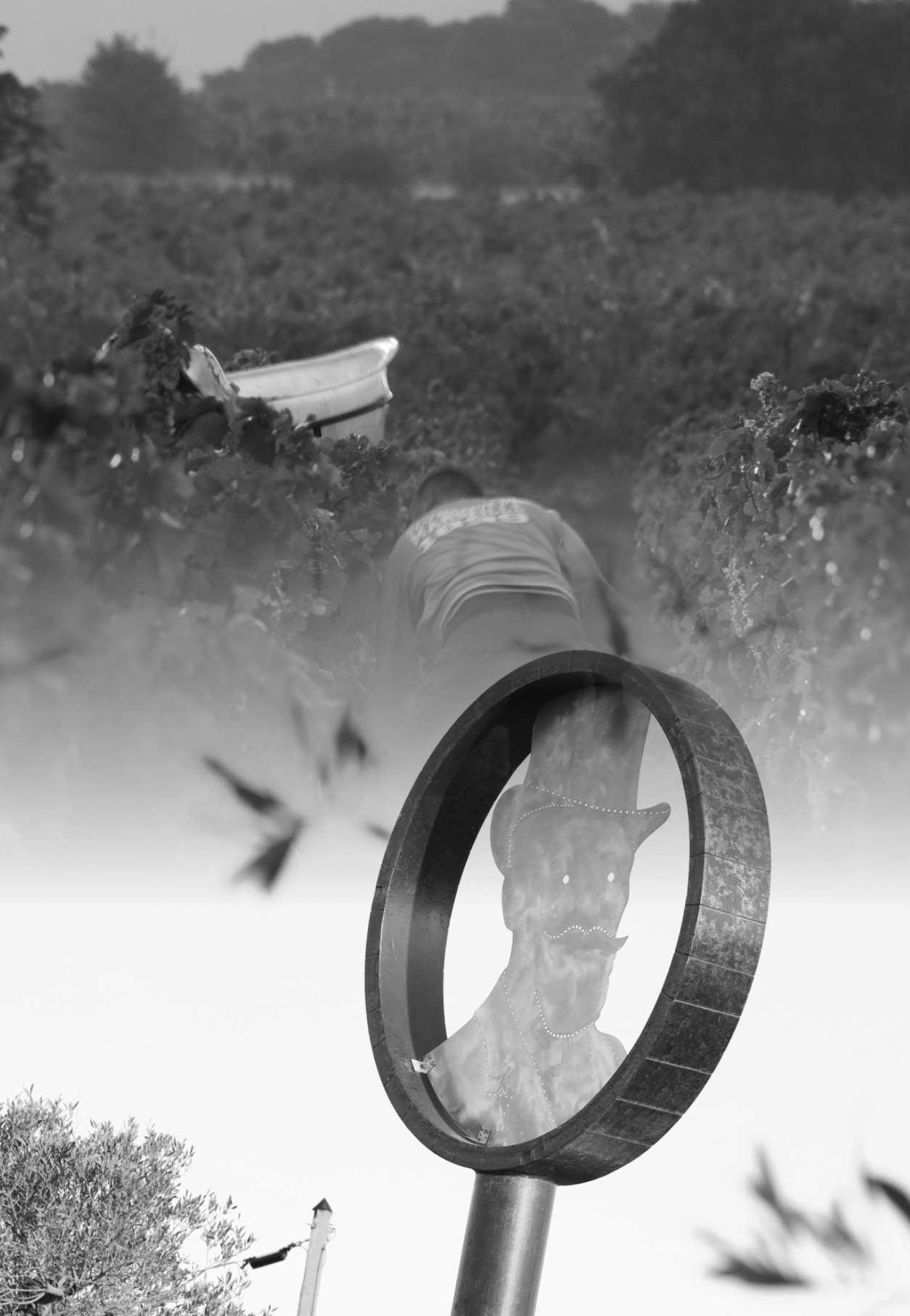
1931
Origins -
The “La Languedocienne et ses Vignerons” winery is located in the Languedoc region, in the village of Argeliers in the Aude department.
In this place, at the beginning of the last century, several men joined forces in order to deal with the serious winegrowing crisis that the country was experiencing at the time.
Founded in 1931, the winery now boasts almost 400 winegrowers and a 2000-hectare estate.
Over the past 20 years, this winery has undertaken a significant modernization process, switching from bulk to bottled wine, under the leadership of a new director and with the support of LGI, a group with sales of over 80 million euros.
Since 2019, sales have risen sharply, from 500,000 to 2 million bottles, distributed by LGI. Major investments have been made in modernizing tools, placing the winery among the best equipped in the sector, with over 2 million euros invested in 2019.
The fruitful partnership with LGI has also led to the creation of Cuvée Kylie Minogue in 2022. This collaboration testifies to their shared commitment to excellence and innovation. The winery remains committed to offering exceptional wines, reflecting its passion for viticulture and dedication to quality. Welcome to their world of flavors and stories, where every bottle tells the story of their commitment to excellence.
Certifications
- HACCP Certification : Hazard Analysis Critical Control Point
- HVE Certification : High environmental value
Experience
With a range of different appellations (Protected Geographical Indication), IGP Pays d’oc and AOP Minervois wines in red, rosé and white, we offer you a large range of tastes. Our AOP Minervois wines are made with respect for winemaking traditions. The quality of the product is the main criterion of our winegrowers and winemakers.
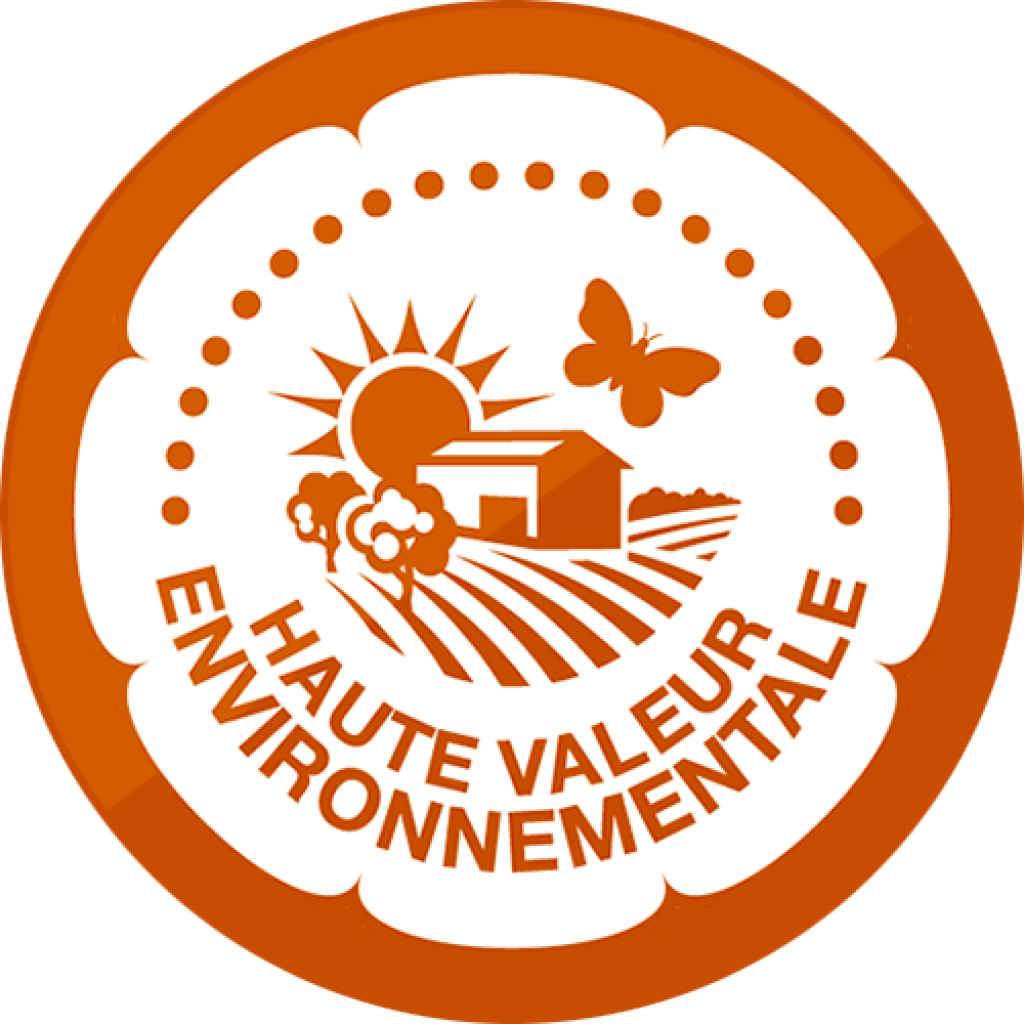
1907
Rich Historical roots -
In 1885, phylloxera* ravaged the vineyards and put an end to 50 years of economic growth in the region. Intense competition and increasing fraud drove the Languedoc wine industry into crisis.
On March 11, 1907, 87 Argeliers winegrowers gathered to walk to Narbonne to meet the parliamentary commission sent by the government. Having been listened to but not heard, concerning the repeal of the chaptal law* and the problem of overproduction, a wine defense committee was created.
Led by one man, Marcellin Albert, the movement’s leader, he drew an ever-growing crowd to pacifist demonstrations. Three months later, over 600,000 people took to the streets of Montpellier.
*1. *Grape phylloxera is an insect pest that ravaged thousands of hectares of vines in the 19th century… The phylloxera crisis then led to a revival of viticulture, and the creation of AOCs (Appellations d’Origines Contrôlées). This is an extremely important event in the history of wine.
*2. *Chaptalisation is the process of adding sugar to must to increase the alcohol content of final wine.
2023
still in force today -
This revolt came to an end on June 19, 1907, with the passing of the law regulating the production of French wines, which is still in force today.*
In 2007, to mark the centenary of the events of 1907, La Languedocienne organized an auction to restore Marcellin Albert’s wine press. Now held every year in August, the event pays tribute to the winegrowing advocate and contributes to the preservation of small-scale winegrowing heritage.
*The law protecting natural wine from adulterated wines is passed. It prohibits the manufacture and sale of adulterated or manufactured wines.
TERROIR AND WINEMAKING
A Commitment to Quality, Anchored in Their Terroir -
The cooperative extends over 2500 hectares of terroir, offering a diversity of hillsides and garrigues, providing an excellent playground for an oenologist This expanse of land is ideal for producing the exceptional wines so characteristic of the Languedoc region. Unlike other caves coopératives than can have inherit from high-yielding land on the plains, their low yields ensure optimum concentration, creating wines rich in structure and character.
Meticulous attention is paid to quality right from the harvest stage, with strict standards set. Rigorous quality control is in place, particularly for their premium parcels, where annual variation is taken into account. Their winemakers are fully committed to the quest for excellence, using superior quality grapes and perfecting their winemaking techniques. Their cooperation is essential to their success, demonstrating a collective commitment to continuous improvement.
Maintaining and improving quality is their absolute imperative to remain competitive in the international market, where they compete with world-renowned rivals such as South African and Chilean wines. Their dedication to quality is the cornerstone of their identity and success on the world wine scene.
Our Wines
Our flagship wines

1907
-
AOC Minervois
Sale

QUÉ
-
IGP Pays d'oc
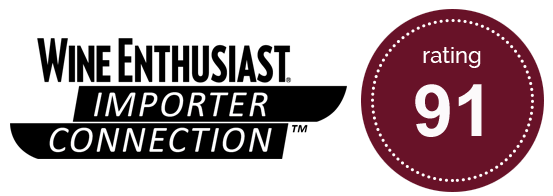
Gold medal at the Grands Vins du Languedoc 2020 competition
Gold medal at Les Vinalies Nationales 2020 competition
Gold Medal at the 2022 Grands Vins de France competition
Silver Medal at the Macon 2023 competition
Rated 91/100 by the Wine Enthusiast Program 2024
Sale
